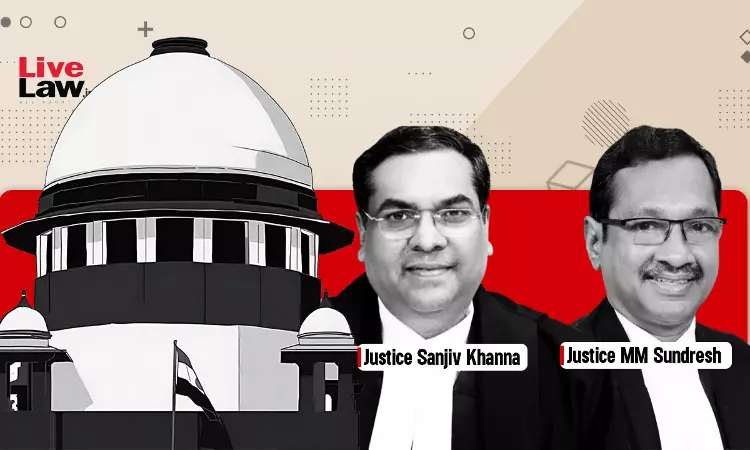- Home
- /
- Supreme court
- /
- Supreme Court Explains Scope Of...
Supreme Court Explains Scope Of Judicial Interference In Arbitral Awards
Pallavi Mishra
23 Sept 2023 11:46 AM IST
The Supreme Court Bench comprising Justice Sanjiv Khanna and Justice M.M. Sundresh, has held that while setting aside an arbitral award for being violative of Section 28(3) of the Arbitration and Conciliation Act, 1996, it must be considered that the Arbitrator is empowered to interpret the contract terms reasonably. Arbitrator’s interpretation cannot be a ground for setting aside of...
Next Story



